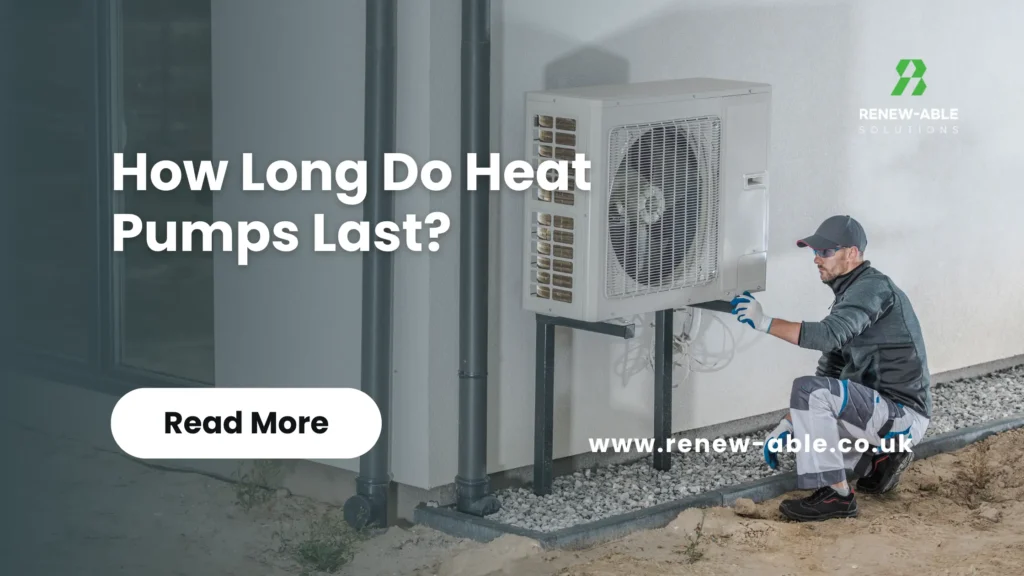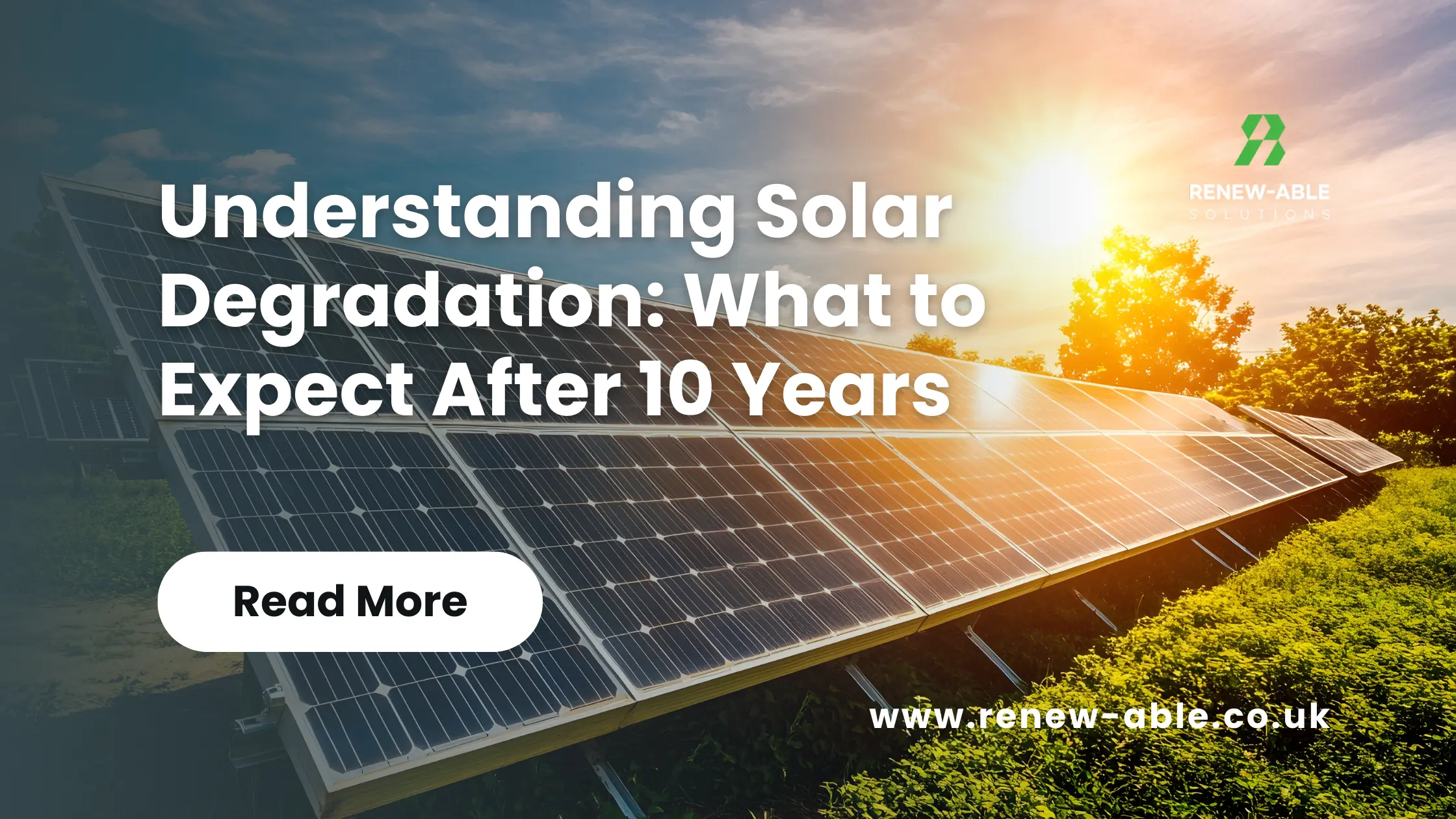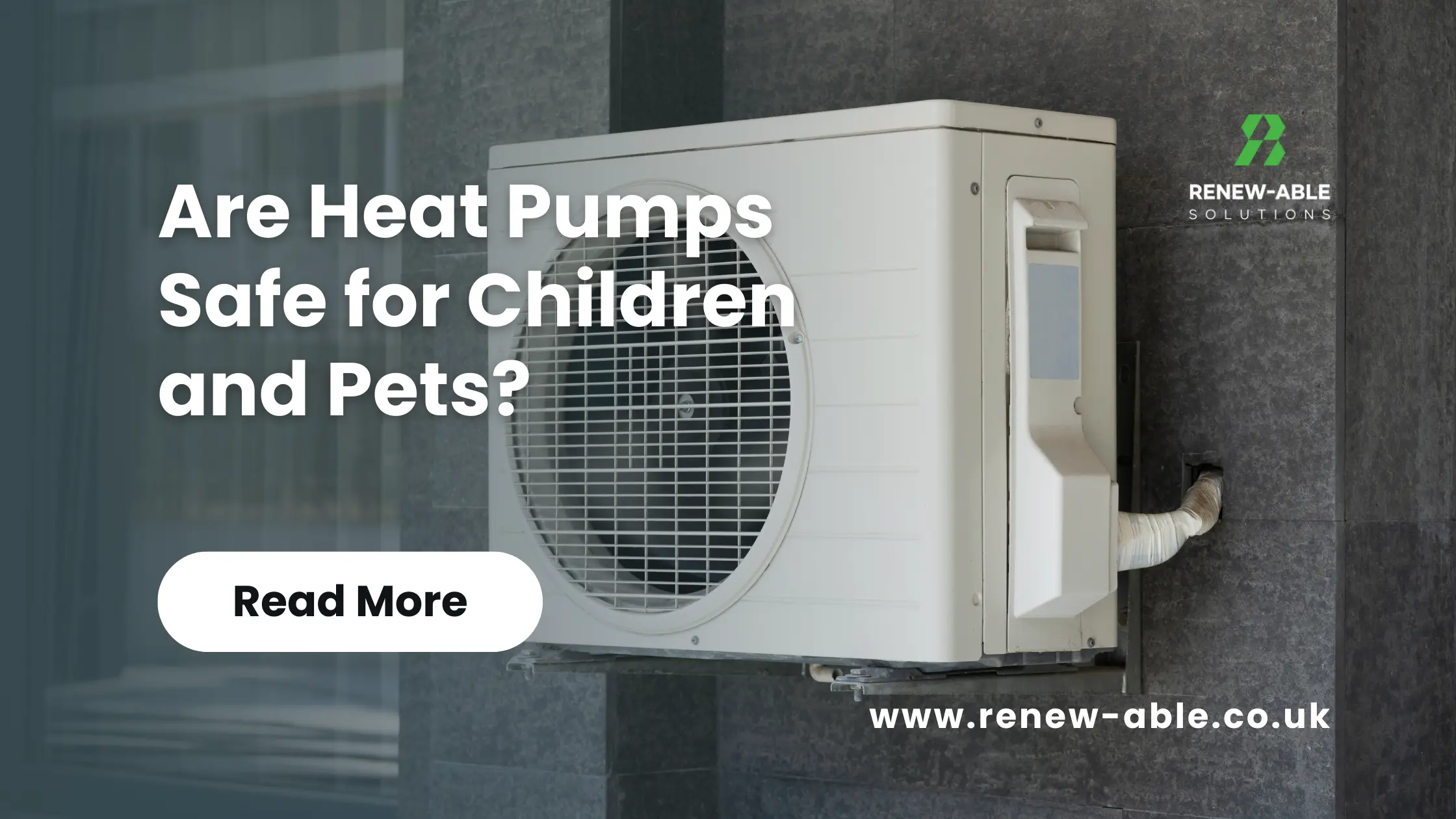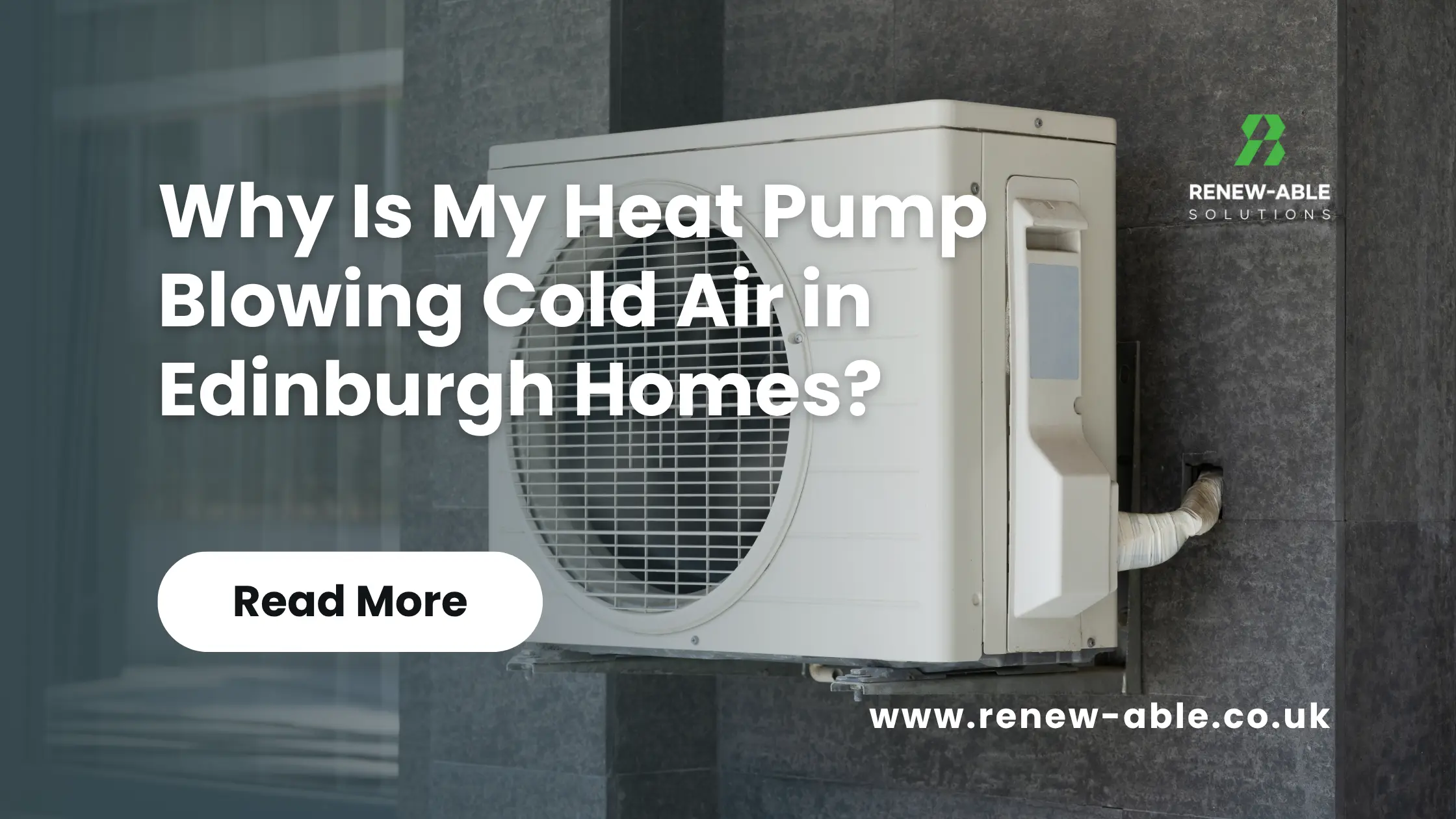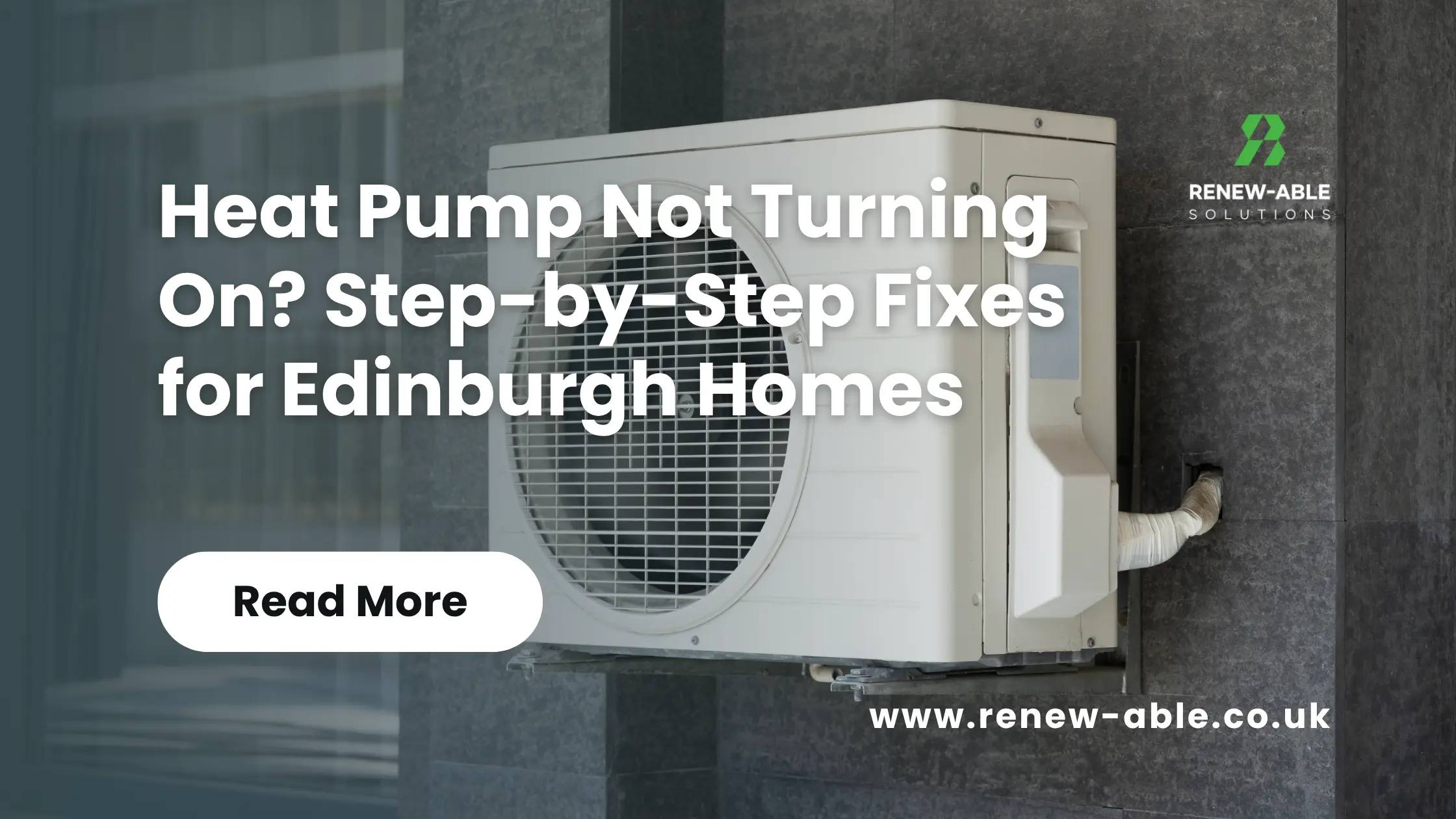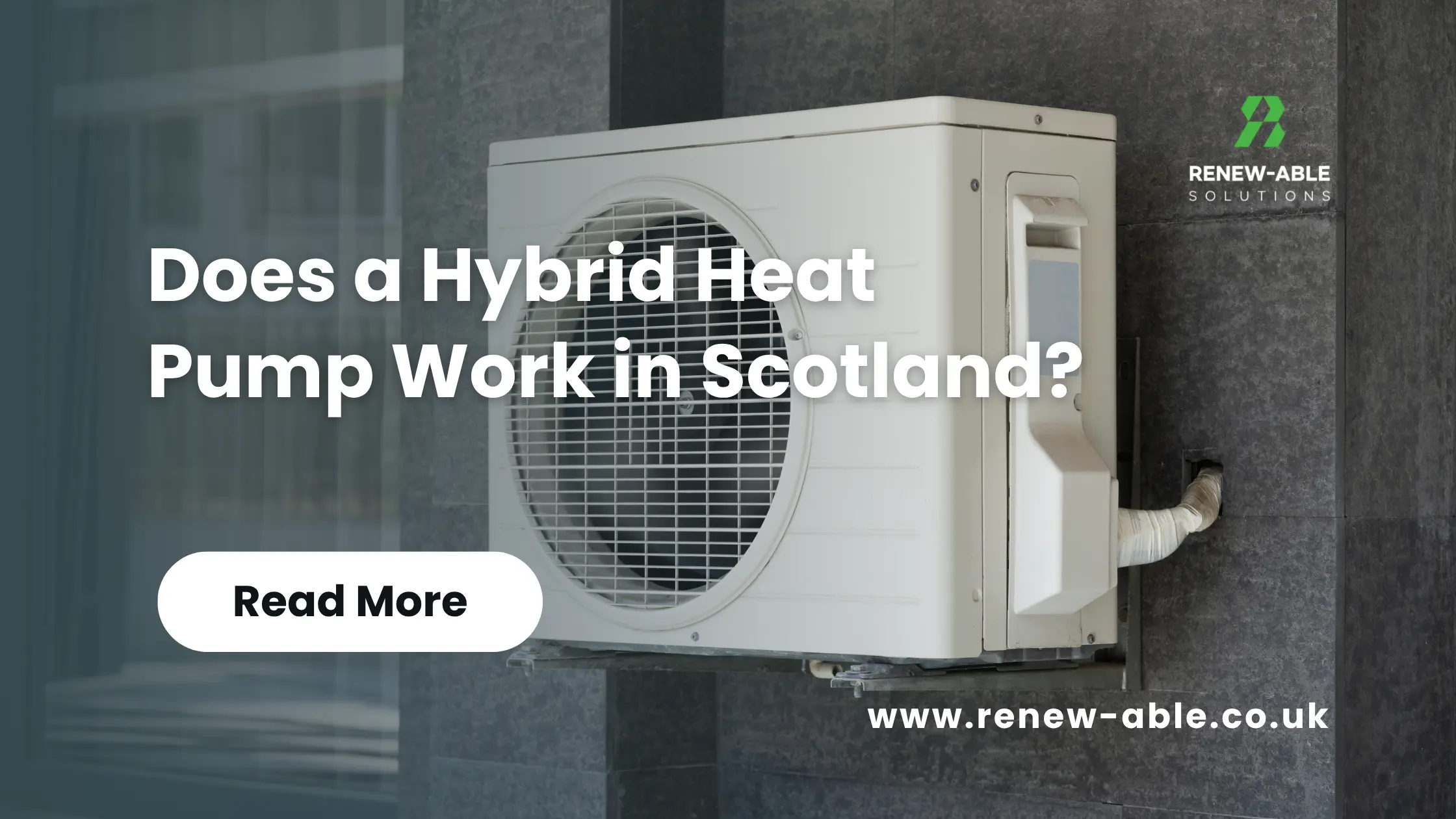Here’s a question that comes up all the time: How long does a heat pump last? If you are thinking of investing in this expensive system, it’s your right to know how many years you can expect before it quits on you.
The short answer? Most heat pumps last somewhere between 10 to 15 years. Need details? The lifespan of a heat pump depends on several factors, and most importantly, its type and the way you maintain it. So, it’s time to explore these factors!
What Counts as a Heat Pump?
When people say heat pump, they are usually talking about an air-source heat pump. It pulls heat from the air outside and brings it into your home in winter or vice versa in summer. But there are others:
- Ductless mini-splits (a type of air-source)
- Geothermal or ground-source heat pumps
- Water-source systems (rare but efficient in specific cases)
Each type has a different lifespan, which we’ll get into, but for most homeowners, we are talking about an air-source unit that is connected to your ducts.
How Long Does a Heat Pump Last?
Generally speaking, air-source heat pumps last 10–15 years, ductless mini-splits last 15–20+ years, and ground-sourced geothermal systems have the longest lifespan of 20–25 years for the indoor unit, 50+ years for underground components. This lifespan is valid if you:
- Install the heat pump properly.
- Maintain it at least once a year.
- You have not ignored major issues.
Most homeowners don’t perform yearly tune-ups, and many systems weren’t sized or installed right in the first place. So the average life of a heat pump in the wild? Closer to 12 years.
However, you’ll find plenty of stories on Reddit and HVAC forums of systems running for 20+ years, especially older models from the ’90s that were arguably overbuilt.
What Affects a Heat Pump’s Lifespan?
Here are the most important factors that impact heat pump lifespan.
Installation Quality
You can buy the best heat pump on the market, but if you install it by an unprofessional person, it will die young. Poor installation includes wrong refrigerant charge, poor airflow and ductwork, and incorrect sizing.
You need to hire the best heat pump installation service from Renew-able Solutions. If your installer didn’t do a Manual J load calculation, you are wasting energy and adding stress to the compressor.
Climate
Heat pumps last longer in moderate climates. If you are living in severe winters and your heat pump is running at peak for six months a year, you may need to replace it sooner. In coastal climates, outdoor units can corrode faster because of salt in the air, so even if it is not cold, it is still hard on the system.
Maintenance
If you take care of the unit, it will simply last longer than expected. Think of your heat pump like a car. You wouldn’t expect a car to run 200,000 miles without an oil change, right? So, you need to:
- Change filters every 1–3 months
- Keep the outdoor unit clean and clear of debris
- Get professional maintenance once a year
Usage Patterns
If your home is leaky, poorly insulated, or you are constantly fiddling with the thermostat, your system has to work harder and cycle more often. That shortens its lifespan.
Signs Your Heat Pump Is Nearing the End
Most heat pumps don’t just drop dead. They start giving signals, and here is what to watch for around the 10–15 year mark:
- Rising energy bills despite regular usage
- Uneven temperatures or poor airflow
- Weird noises like grinding, rattling, buzzing
- Frequent repairs or refrigerant leaks
- It’s running nonstop but not doing its job
If you are facing two or more of these issues and your system is over a decade old, then never go for repairs because replacement is the better option.
How Can I Extend a Heat Pump’s Lifespan?
Here’s what actually works:
- Keep the system clean by clearing leaves, snow, and weeds from around the outdoor unit.
- Change filters regularly and don’t wait until they are caked in dust.
- Stick to annual maintenance because it includes checking refrigerant levels, cleaning the coils, and inspecting the compressor.
- Get a smart thermostat to prevent over-cycling and reduce strain on the system.
- Seal and insulate your home.
A well-maintained heat pump can outlive a neglected one by 5–10 years. That’s not marketing fluff, it’s just mechanics.
Is It Worth Repairing or Replacing?
This is where most people get stuck. Their 12-year-old unit breaks down. The repair is $1,500. Should you pay for it, or just replace the thing?
Here’s a good rule to follow:
If your repair cost is more than 50% of the cost of a new system and your heat pump is over 10 years old, it’s time to replace.
Yes, it’s a chunk of money. But newer systems are significantly more efficient, especially if your current unit uses R-22 refrigerant, which is banned and expensive to source. A heat pump is worth installing, so make a decision wisely.
Final Thoughts
A heat pump is a long-term investment. If you treat it like one, it’ll last longer than most people expect. But if you ignore maintenance, strange noises, and let it run dirty, you’ll be replacing it a lot sooner.
The magic number? 10–15 years. That’s your typical range. But how close you get to the upper end or beyond is completely in your control.
And if you’re shopping for a new one, look for:
- A licensed, certified installer who does Manual J calculations
- A unit with a solid parts and labor warranty
- Features like variable speed compressors that reduce wear

